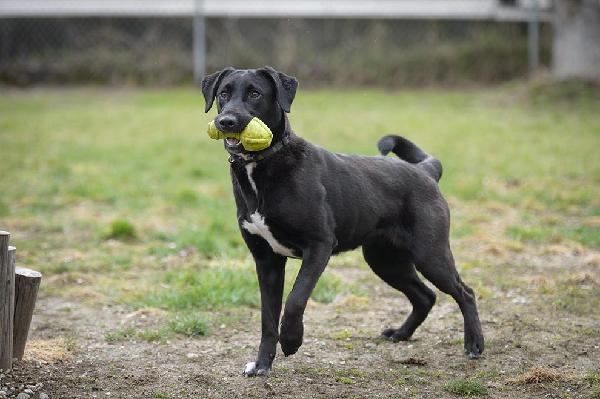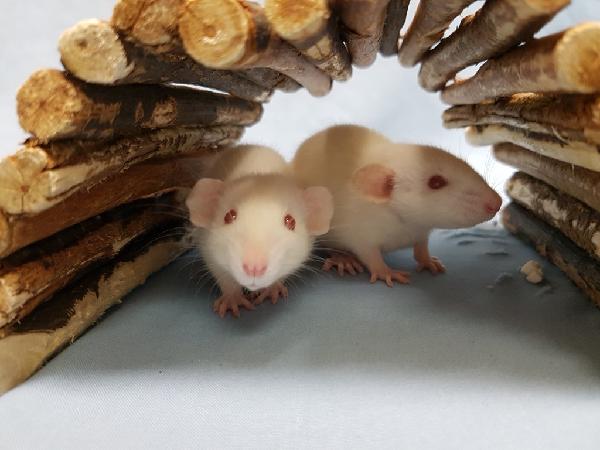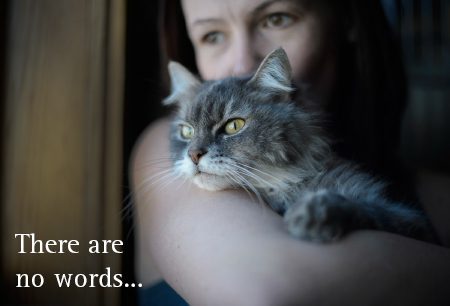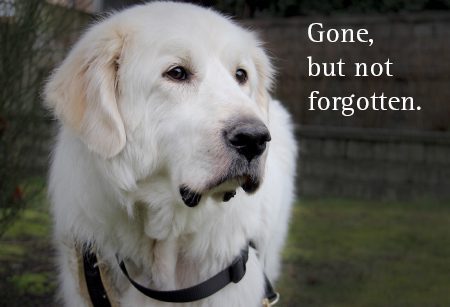The BC SPCA is opposed to any physical alteration of an animal’s body for cosmetic or behavioural reasons, except procedures performed by a licensed veterinarian to alleviate suffering, or for reasons of welfare. Surgical procedures such as tail docking, ear cropping, devocalization and declawing impact, with varying severity and duration, an animal’s ability to experience the Five Freedoms. Guardians are advised to look to alternative solutions that will alleviate the underlying behavioural issue rather than mask the symptoms.
Approved by the Board of Directors – September 2014
(replaces previous version, January 1996)
Background
Existing research and anecdotal evidence from the veterinary community suggest that there can be behavioural and physiological complications associated with cosmetic and non-therapeutic alterations such as tail docking, declawing, ear cropping, devocalization, dewclaw removal and dental cropping procedures. Of particular concern are those procedures not performed by a veterinarian using proper anaesthesia and analgesia.
Spaying and neutering, as well as permanent identification for the purpose of returning lost animals to their guardians, are exempted from this position due to the associated welfare benefits to overall community animal management.
Background updated – September 2014
Definitions
Cosmetic alteration: Body modification procedure conducted on an animal with the intention of changing the animal’s appearance.
Five Freedoms: A concept first developed by The Brambell Committee, formed by the UK government to examine the conditions on commercial farms. Now internationally recognized, the Five Freedoms are considered applicable to all animals.
The BC SPCA’s Five Freedoms (adapted from the original list) are:
- Freedom from hunger and thirst;
- Freedom from pain, injury, and disease;
- Freedom from distress;
- Freedom from discomfort;
- Freedom to express behaviours that promote well-being.
The BC SPCA’s Five Freedoms form the basis of the Society’s Charter and describe conditions that must be fulfilled in order to prevent the suffering of all animals in human care. The Society acknowledges that these freedoms are not enforceable and that absolute provision of these freedoms may not be possible, but strongly encourages all animal guardians to strive to provide them.
Non-therapeutic alteration: Body modification procedure conducted on an animal without the intention of treating disease or maintaining health.
Suffering: An enduring negative affective state. Suffering is associated with feelings such as pain, hunger, fear and anxiety. All sentient beings are capable of suffering.
Welfare: An animal’s quality of life. An animal’s welfare depends upon both his/her physical health and affective state.
Animals experience good welfare when they are able to experience positive feelings arising from pleasurable activities and the fulfillment of behavioural needs, and when they are free from poor physical health and negative feelings (e.g., pain, discomfort, hunger, thirst, fear and frustration).





